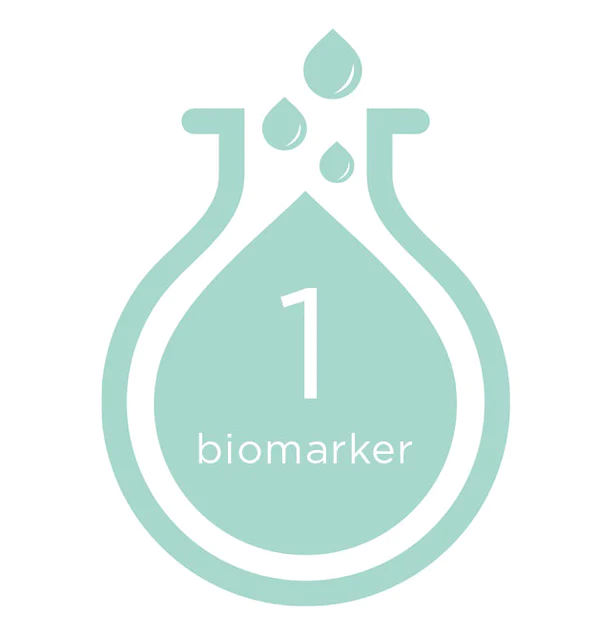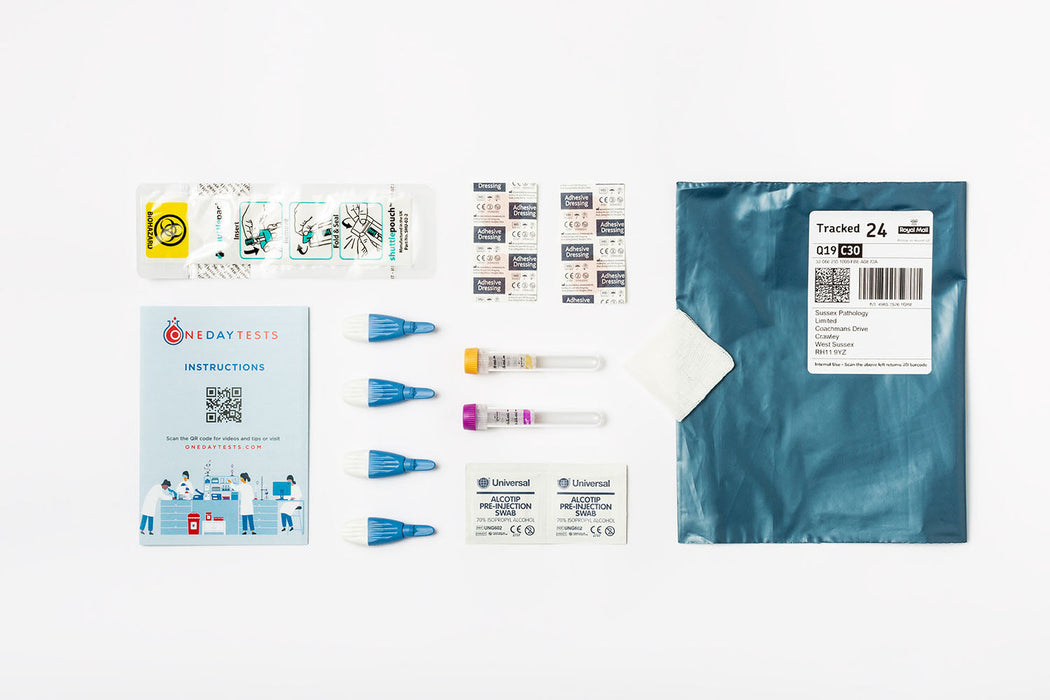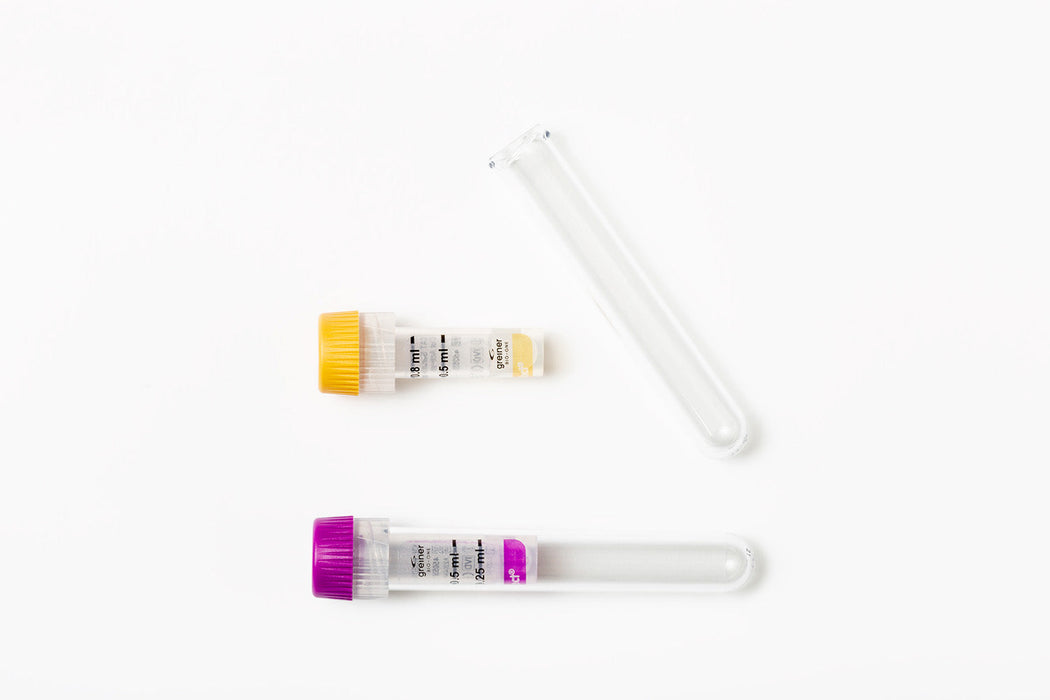VITAMIN D (25-OH/D3) BLOOD TEST
Apart from being essential for healthy bones, hair and skin, adequate vitamin D levels are associated with a lower risk of heart disease. It may help regulate blood pressure and reduce inflammation.
Vitamin D is important for muscle strength and function, and deficiency can lead to muscle weakness and pain. Finally, it is important in managing autoimmune diseases, such as multiple sclerosis, rheumatoid arthritis, and type 1 diabetes - these have all been linked to low vitamin D levels.
Vitamin D can be obtained through dietary sources such as fatty fish (e.g., salmon and mackerel), fortified foods (e.g., fortified milk and cereals), and supplements. However, the body can also produce vitamin D when the skin is exposed to sunlight. Therefore, a balance between sun exposure, diet, and supplements can help ensure sufficient vitamin D levels in the body.
BIOMARKERS
- Vitamin D (25-OH)































